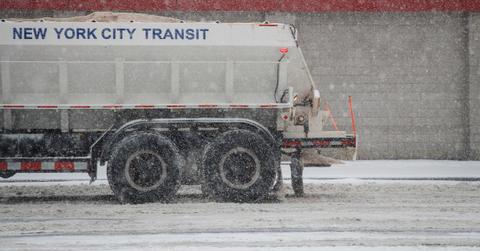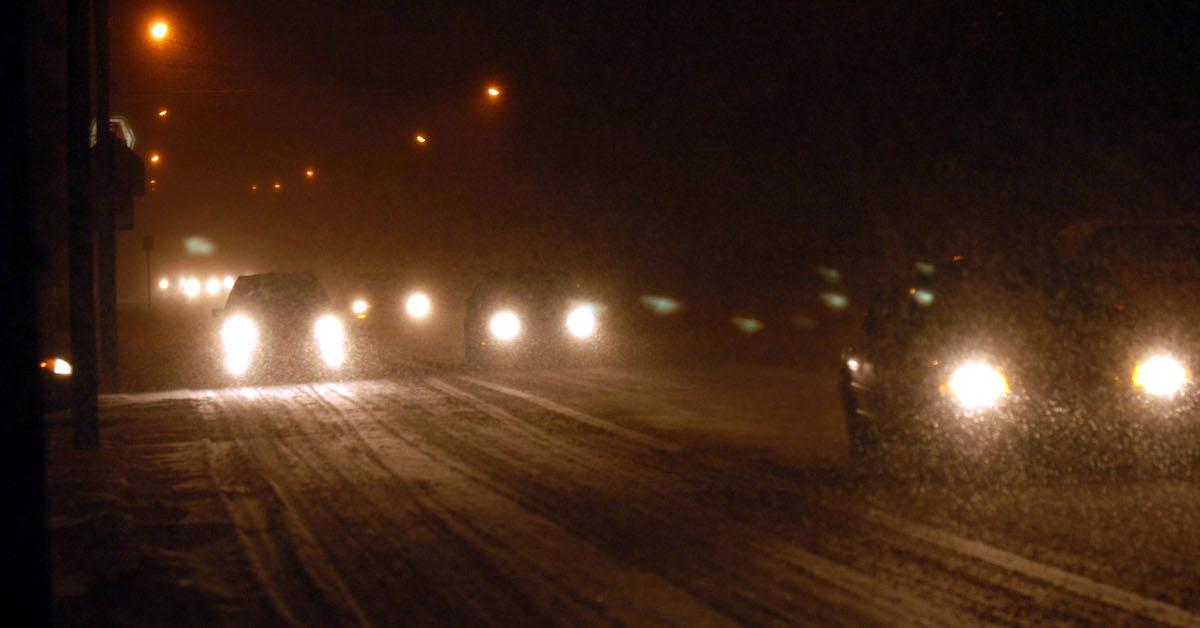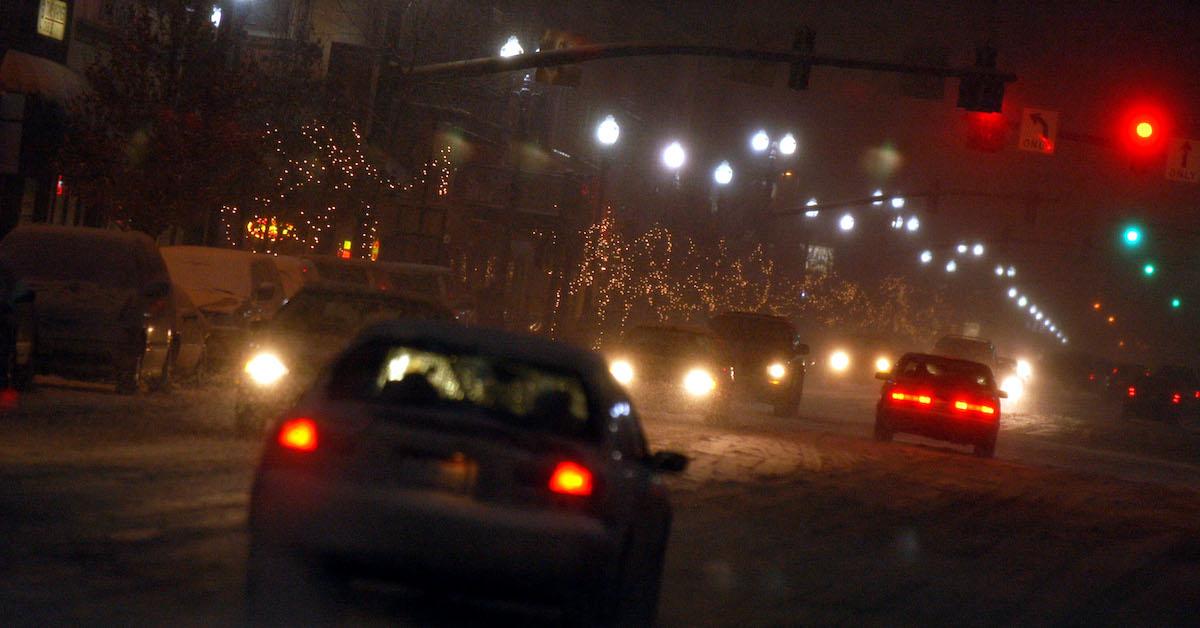Is Road Salt Bad for the Environment? Here’s What Experts Say
Published Dec. 27 2021, 4:05 p.m. ET

Road salt: although it closely resembles the minerals we use to flavor our food, it couldn't be more different. Road salt is used to maintain the roads in the winter, preventing cars from slipping on snow and ice. It's composed of chloride salts of sodium, potassium, magnesium, and calcium. And although it sounds like a natural solution to inclement weather, the environmental impact of road salt is evidently quite high.
"Consider how easily salt can corrode your car," Joseph Stonberg wrote in Smithsonian Magazine. "Unsurprisingly, it's also a problem for the surrounding environment — so much that in 2004, Canada categorized road salt as a toxin and placed new guidelines on its use."
"And as more and more of the U.S. becomes urbanized and suburbanized, and as a greater number of roads criss-cross the landscape, the mounting piles of salt we dump on them may be getting to be a bigger problem than ever."

How does road salt impact the environment?
Many communities, especially those that receive notable amounts of snow, need road salt in order to survive the winter. Road salt works by combining with water and creating a solution that doesn't freeze, according to Save The Water. It's then scattered along the road each winter, to prevent black ice from forming, which can cause serious, potentially fatal road accidents. Within 25 minutes of being applied, road salt can reduce accidents by up to 85 percent.
But there are many ecological drawbacks to using road salt. As per the EPA, road salt can contaminate waterways by infiltrating nearby waters such as reservoirs and wells. High levels of salt in drinking water can not only affect people with certain health conditions, but it can also kill fish, bugs, and other wildlife.
“Salt is something of a ticking time bomb for freshwater,” Riverkeeper President and Earth Institute adjunct professor Paul Gallay stated in a Columbia University report.
“Studies suggest that the increasing concentrations we see in many places may be the result of road salt spread decades ago, which reached groundwater, and is only now slowly reaching surface waters,” he continued.
Road salt can also increase soil erosion, which can kill plants and trees. It also damages roadways, buildings, and cars — according to Columbia University, it may cause up to $5 billion in damages in the U.S. per year. Needless to say, it's truly wreaking havoc on our communities and ecosystems.

Here are eco-safe alternatives to road salt:
Recently, EcoWatch reported on sustainable road salt alternatives, which could seriously help out communities this winter. In addition to sustainable de-icers, the publication suggests turning to things like alfalfa meal, coffee grounds, sugar beet juice, and grape skin compounds, which all effectively melt ice. Brines, such as pickle juice, can also do the trick.
Combining those ingredients with increased snow removal (by shoveling, applying heat, or using a snow blower) can definitely lower your chances of a slippery road or driveway. But it's important to transition to these alternatives to lower our impact on a larger scale.